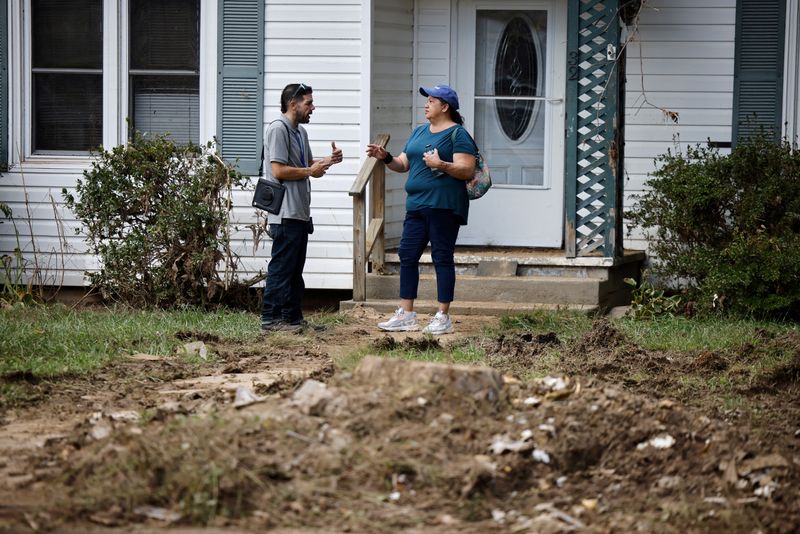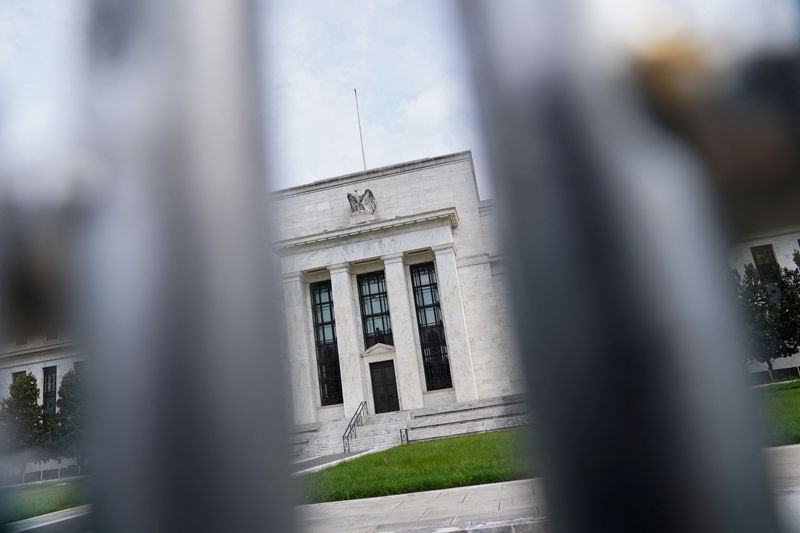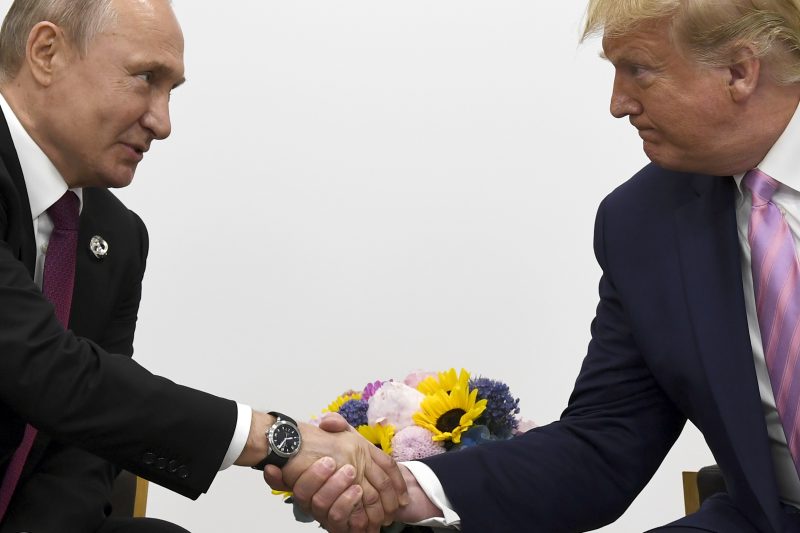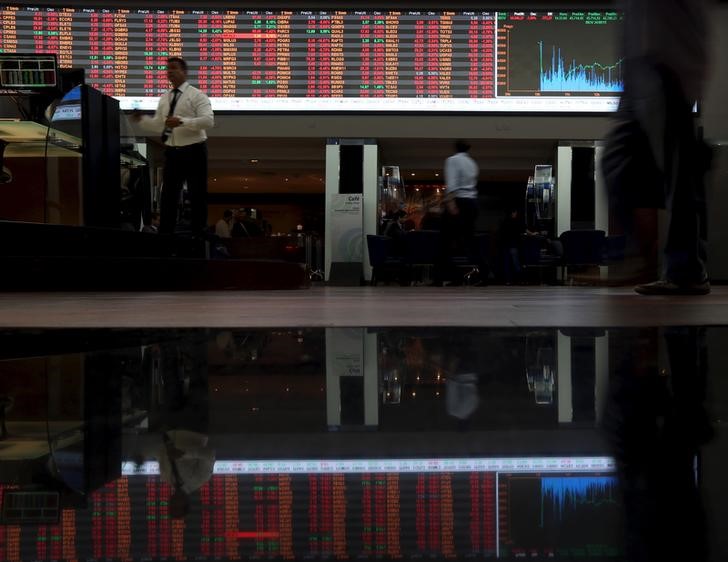Lula nominee to head Brazil central bank emphasizes freedom in decision making
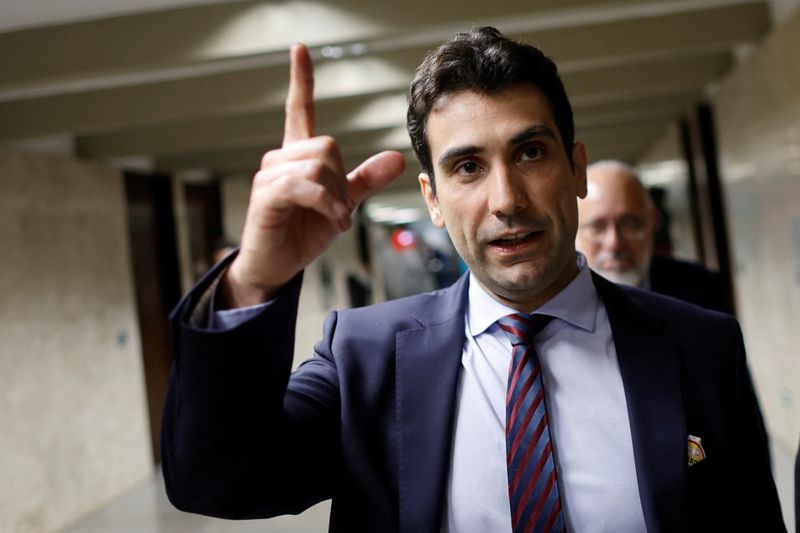
By Marcela Ayres
BRASILIA (Reuters) -Brazil President Luiz Inacio Lula da Silva’s nominee to lead the central bank starting next year, Gabriel Galipolo, said on Tuesday that the leftist leader was emphatic and clear in guaranteeing him freedom in decision making.
Galipolo, speaking at a Senate economic affairs committee hearing where a vote on his nomination will be held later, added that every action and decision he makes as central bank chief should solely serve the interests and well-being of every Brazilian.
Galipolo emphasized in his opening remarks that the central bank’s actions have been “unequivocal” in pursuing the 3% inflation target.
He also stated that annual core inflation in Latin America’s largest economy was at levels comparable to those in more stable economies such as the United States and United Kingdom.
Regarded as a heterodox economist with direct access to Lula, with whom he traveled to Mexico last week for President Claudia Sheinbaum’s inauguration, Galipolo has served as the central bank’s monetary policy director since July of last year.
His first nomination to the bank raised skepticism among many market participants.
They expressed concerns about Galipolo’s perceived lack of technical expertise and views on issues such as the need for state intervention to prioritize social needs and the suggestion that the central bank could act across the entire yield curve.
However, he has since overcome initial resistance to succeed current governor Roberto Campos Neto, appointed by former right-wing President Jair Bolsonaro, who has faced vocal criticism from Lula since the leftist leader took office in January 2023.
Galipolo – along with the entire rate-setting board Copom – voted last month to kick off a tightening cycle, raising interest rates by 25 basis points to 10.75%.
Before the decision, when Galipolo’s nomination was already public, Lula said about policymakers, “If they need to hike interest rates, then they need to hike interest rates.”
The remark was viewed as a shift following ongoing calls for lower borrowing costs to support the economy and investment.
